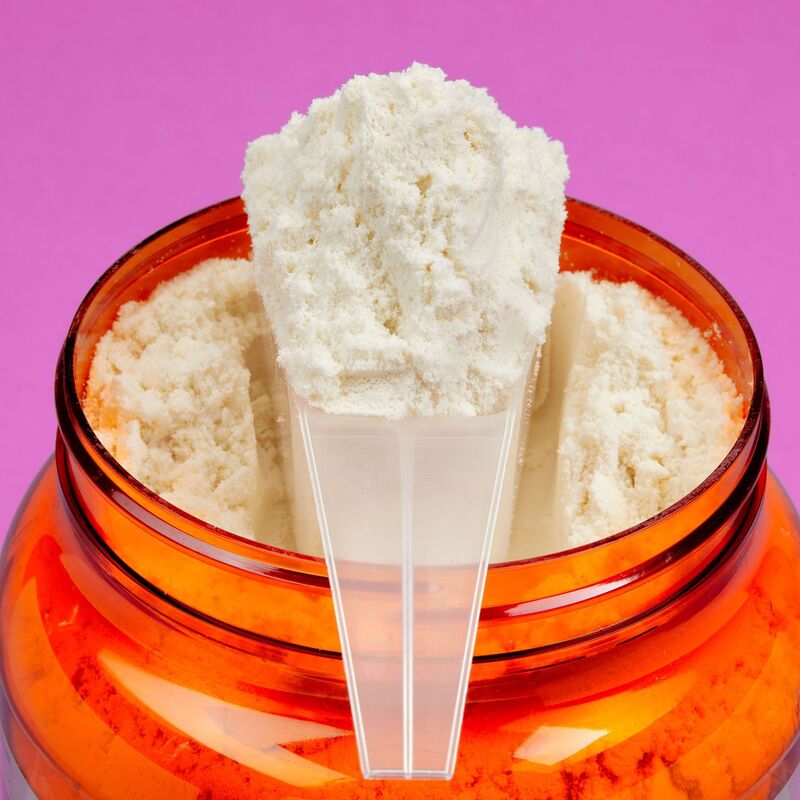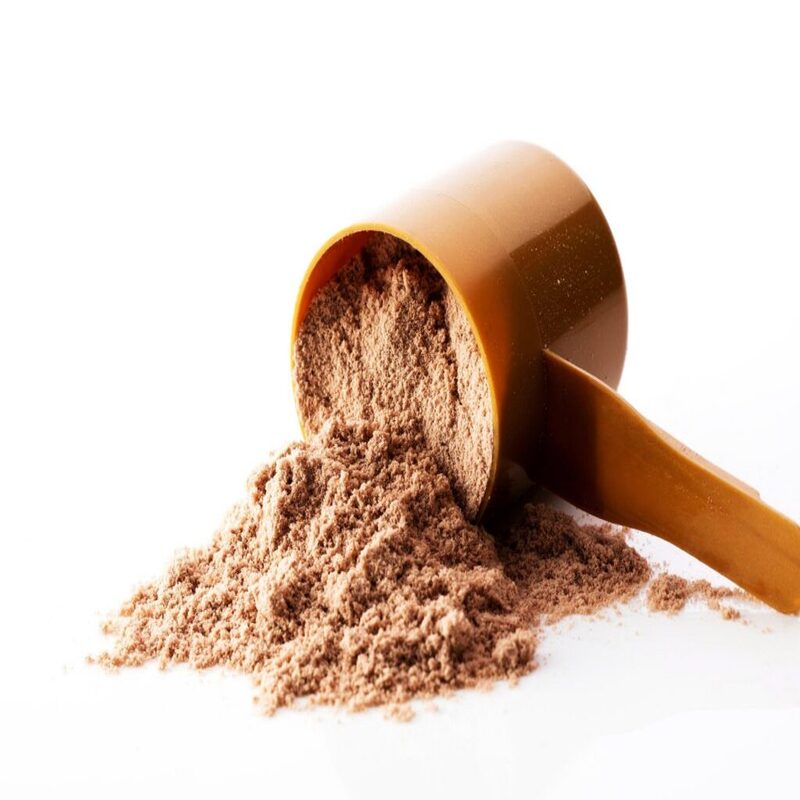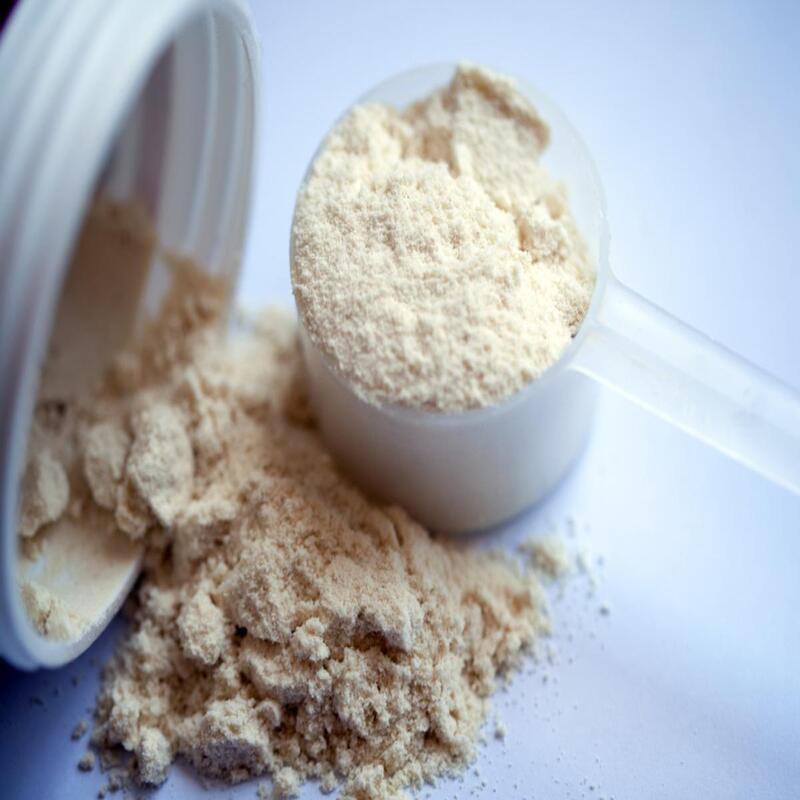How Much is a Scoop of Protein Powder?
Protein powders have surged in popularity, serving as convenient supplements for fitness enthusiasts and casual gym-goers alike. They often promise to provide a quick protein source that can enhance muscle recovery and growth. However, questions persist regarding the specifics, especially regarding the measurement of a scoop of protein powder. One might ask, “How much is a scoop?”
To answer this, it’s essential to first understand what protein powder is. Protein powders are derived from various sources, including whey, casein, soy, rice, and pea proteins. Each type has its unique benefits. For instance, whey protein is known for its rapid absorption, while casein offers slower digestion. Overall, the type of protein you choose can affect your goals, workout routine, and dietary needs.
The Common Scoop Size: What to Expect
When purchasing protein powder, the scoop size is often included in the product’s information. Usually, a standard scoop of protein powder weighs around 30 grams. However, this can vary widely depending on the brand and type of protein used. It’s crucial to read the label carefully to ensure you know the scoop size associated with your selected product.
Typical Weight in Grams
It is essential to recognize that not all protein powders contain the same protein density. Due to this reason, their unique formulations can influence their density. For example, a whey protein powder may contain about 25 grams of protein per 30-gram scoop. Conversely, plant-based protein powders may have slightly different figures. Remember, the actual content of protein varies, thus impacting your total dietary intake.
Recommended Serving Sizes
Alongside scoop sizes, recommended serving sizes differ across brands. Most general recommendations suggest one to two scoops per day, depending on your lifestyle. Individuals aiming to build muscle may require more protein, and thus could benefit from larger servings. Furthermore, athletes with higher energy expenditures might choose to increase their protein intake while ensuring it aligns with their overall health goals.

Calculating the Right Amount of Protein
While understanding scoop sizes is important, calculating your protein needs is equally essential. The typical recommended dietary allowance (RDA) for protein intake is 0.8 grams per kilogram of body weight. This translates to about 0.36 grams per pound. Therefore, a person weighing 150 pounds would require around 54 grams of protein daily.
Factors That Influence Protein Needs
Dietary needs may differ due to a variety of factors. For instance, age, activity level, and fitness goals are significant contributors. Younger individuals and athletes often require more protein for muscle repair and growth. Moreover, older adults might need increased protein to maintain muscle mass. Personal fitness goals will also inform your protein needs, leading to adjustments in your protein powder intake.
How to Use Protein Powders
Protein powders can be incorporated into your diet in a variety of ways, beyond simply mixing it with water. Many people blend protein powder into smoothies or oatmeal for a nutritious start to their day. Others might add it to pancake or muffin batter for an extra protein kick. This versatility allows you to enhance your protein intake without compromising the flavors of your meals.
Protein Types and Their Unique Attributes
When choosing a protein powder, it’s essential to consider the type of protein that best aligns with your goals. Each type of protein powder comes with its unique set of benefits and drawbacks. This understanding can guide you toward making informed decisions that suit your dietary preferences.
Whey Protein: The Quick Digestor
Whey protein is a popular choice among athletes and bodybuilders. It is known for its high biological value, which means it’s efficiently absorbed by the body. Additionally, this protein source contains all essential amino acids, making it a complete protein. However, due to its dairy origins, it may not be suitable for lactose intolerant individuals.
Plant-Based Proteins: Alternatives to Whey
Plant-based protein powders, such as pea or hemp protein, are excellent alternatives for those avoiding animal products. These proteins can also offer health benefits, including fiber content. Additionally, they usually have lower allergenic potential. However, some plant proteins may lack certain essential amino acids. Thus, it may be beneficial to combine different plant protein sources for a complete profile.

Importance of Quality Standards
Not all protein powders are created equal. The quality and sourcing of ingredients can heavily impact their effectiveness and nutritional profiles. Thus, when examining protein powders, looking for certifications and ingredient transparency can be invaluable.
Understanding Protein Labels
Reading protein labels critically can provide insight into what you’re consuming. Check for details like ingredient sourcing and whether the protein is sourced from grass-fed animals. It’s also important to monitor for added sugars or artificial ingredients. Additionally, make sure the company supports third-party testing for quality assurance.
The Role of Certifications
Certifications can provide added peace of mind about the products you choose. Select protein powders that have certifications such as USDA Organic or Non-GMO Project Verified. Such certifications not only help guarantee quality but also align your choices with health standards many consumers seek. This focus on quality can enhance your overall health and wellbeing.
Protein Powders and Weight Management
Protein powders can also play a significant role in weight management strategies. Studies have shown that high protein diets can contribute to feelings of fullness, reducing overall calorie intake. Incorporating protein powder into your diet may help control cravings throughout the day.
Protein and Satiety
High-protein foods are known to promote satiety. When protein is consumed, it takes longer to digest compared to carbohydrates or fats. Consequently, you may feel fuller for longer periods, leading to reduced hunger pangs. Including protein powder in recipes, or shakes can help you stay on track with your dietary goals.
Role in Muscle Preservation
For those aiming to lose weight, preserving lean muscle mass is crucial. Protein powder can help ensure you meet your protein requirements while on a calorie deficit. Consuming adequate protein can help your body maintain muscle while shedding fat. This balance is essential for a successful weight loss journey.

Conclusion: Making Informed Protein Choices
So, how much is a scoop of protein powder? On average, it weighs around 30 grams, but that can vary. Therefore, understanding your unique protein needs and how they align with the type of protein powder you choose becomes crucial.
From whey to plant-based options, each protein choice brings its own benefits. Furthermore, knowing how to incorporate protein into your meals is essential for maximizing its advantages.
Ultimately, prioritize quality and nutritional value when selecting a protein powder. By paying attention to these factors, you’ll be able to meet your goals and improve your overall health. In summary, ensure your protein powder is a valuable addition to your diet, supporting both your fitness aspirations and lifestyle.
Understanding protein powder’s role in your diet is essential. Whether you’re an athlete or simply aiming to maintain nutritional balance, protein powder can aid your journey. Its versatility and convenience make it an appealing choice for many. Remember, taking the time to choose wisely and consume appropriately will optimize its benefits.
By being informed about the ins and outs of protein powder, you can make better dietary choices. With this knowledge, you are empowered to navigate the myriad of options available. Don’t hesitate to explore new recipes and brands until you find what works for you. Your health and fitness journey awaits, with protein powder right by your side.
